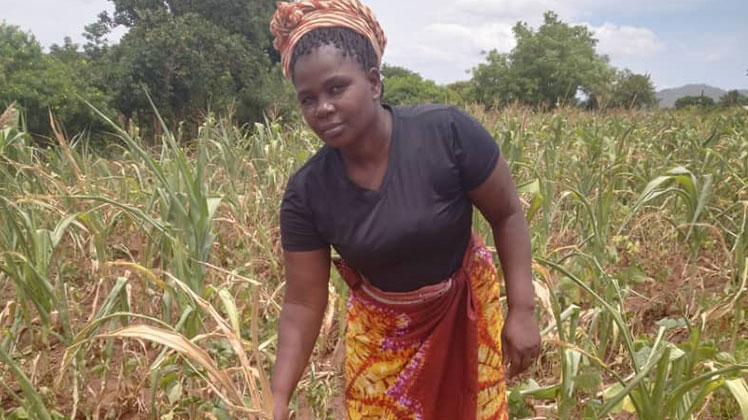Malawi to showcase climate change success stories at CoP19

The United Nations Framework Convention on Climate Change (UNFCCC) negotiations of the year get underway in Warsaw, Poland next week as scientists indicate that it is possible to avoid the worst climate impacts if substantial and sustained action starts now. The 19th Conference of Parties (CoP19) to the UNFCCC will be held at the National Stadium from November 11 to 22 2013. High-level sessions attended by heads of State and government and other heads of delegation and senior government officials will be on November 20 to 22 November 2013. The Secretary General of the UN in most cases presides over official opening and closing ceremonies of the CoP. These talks present both major threats and opportunities to progress towards the comprehensive climate action plan due to be signed in Paris in 2015.
The talks come as the Intergovernmental Panel on Climate Change’s latest report showed that it is possible to avoid the worst climate impacts, but only if “substantial and sustained” action starts now. Countries have been challenged to act by UN Secretary General Ban Ki Moon who asked them to bring “bold pledges” to his Climate Leadership Summit in September next year. The single biggest thing countries can do at Warsaw is to commit to doing so. Least developed countries (LDCs) such as Malawi are the most vulnerable to adverse effects of climate change.
Due to their low economic status, LDCs have limited adaptive capacities and resilience to climate change. Adaptation is a priority for the LDCs. In order to assist communities and ecosystems to adapt to the impacts, LDCs require adequate, predictable, sustainable and accessible climate finance for their climate actions. Current demand for adaptation resources from the Special Climate Change Fund, the Adaptation Fund and the Least Developed Countries Fund significantly exceeds current supply of resources.
It is requisite that developing country parties to the UNFCCC should be eligible to receive resources to support enhanced actions. The Malawi delegation will be led by Minister of Environment and Climate Change Management Halima Daudi. A statement from the ministry said government has developed an iterative country position on the various agenda items for the conference. “The position has taken into consideration views and inputs from government institutions, civil society, private sector, academia, research and training institutions,” said Evans Njewa, the policy and planning, Climate Change and global Environmental Facility.





